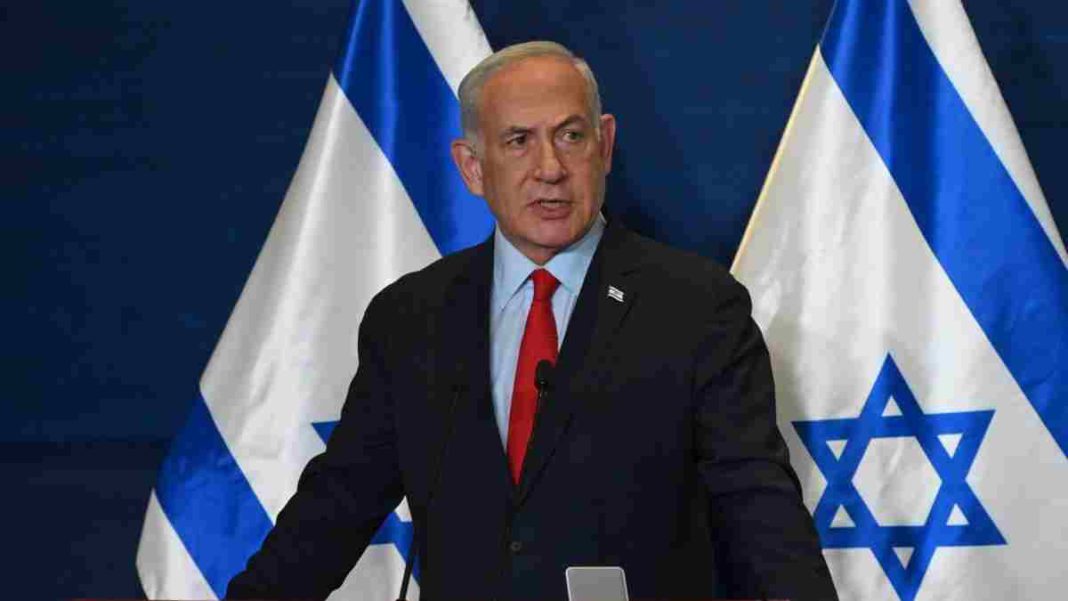ISRAEL: Israeli Prime Minister Benjamin Netanyahu announced in a video statement released by his office that he will undergo the fitting of a pacemaker overnight between Saturday and Sunday.
“A week ago, I was fitted with a monitoring device. That device beeped this evening and said I must receive a pacemaker and that I must do this already tonight. I feel great, but I need to listen to my doctors,” Netanyahu stated in the video.
In a video, the 73-year-old Netanyahu appeared standing and wearing a smile as he conveyed that his doctors had given him reassurance of his discharge from the hospital “tomorrow afternoon.” During his procedure, Justice Minister Yariv Levin will step in as his replacement, as stated by Netanyahu’s office.
According to his office, the procedure will take place at Sheba Medical Centre in Tel HaShomer. Notably, he had been previously admitted to the same hospital on July 15 due to dehydration caused by insufficient protection from a heatwave while vacationing at the Sea of Galilee.
On July 16, the hospital reaffirmed its initial dehydration diagnosis and stated that further tests using a subcutaneous holter monitor had revealed Netanyahu to be “in complete cardiac health,” though the gadget would allow his medical team to keep track of his health.
During his record sixth term as prime minister, Netanyahu is grappling with a domestic crisis as protests escalate against his religious-nationalist coalition’s efforts to implement judicial reforms.
In the video, Netanyahu stated that he would leave the hospital in time for a crucial vote that would begin in parliament on Sunday and extend all day Monday.
On Saturday, tens of thousands of Israelis marched to Jerusalem in an effort to rally opposition to the proposed judicial overhaul, and they also demonstrated in front of parliament prior to the vote on a bill that would curtail some of the Supreme Court’s authority.
Critics worry that Netanyahu, who is on trial for corruption but denies it, may use the legal amendments to curtail court independence. According to Netanyahu, the reforms will balance the various government branches.
The recent uproar has added to the tensions in relations with the United States, alongside escalating Israeli-Palestinian violence and advancements in Iran’s nuclear programme.
The U.S. government has advised Netanyahu to pursue comprehensive agreements regarding any judicial reforms. In his video statement, Netanyahu hinted at the possibility of reaching last-minute deals.
When he was first elected to the presidency in 1996, Netanyahu was both polarising and vibrant. He led Israel’s transition to a free market economy while expressing mistrust for international efforts to mediate a settlement with the Palestinians and for talks between major nations to end Iran’s nuclear programme.
In early October, just a few weeks prior to securing victory in a national election, Netanyahu became unwell while observing the Jewish fast of Yom Kippur and was briefly hospitalised.
Also Read: Israeli Minister Cites Protests May Impact the Push for Judicial Reform



